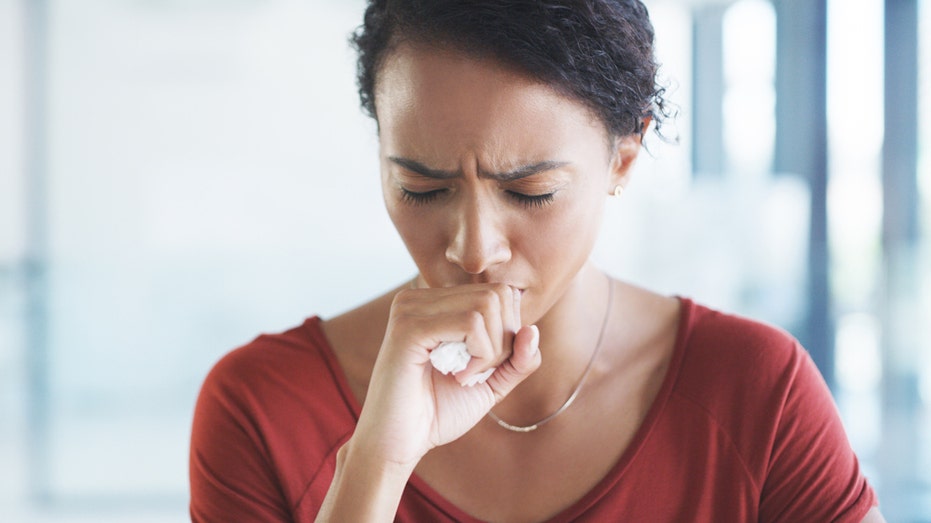Summer Travel Surge: Passengers Report Maskless Coughing Incidents Amid Rising Concerns
As summer travel ramps up, social media erupts over mask mandates on flights amid CDC's call for precautionary face coverings.

With the summer travel season in full swing, airports and airplanes across the country are bustling with vacationers eager to escape for a getaway. Yet, as millions take to the skies, a familiar concern is cropping up once again: the spread of seasonal illnesses among closely-packed travelers.
A recent online post has reignited the debate about mask-wearing aboard flights. One traveler, currently mid-flight, voiced frustration over a fellow passenger persistently coughing without a mask. The complaint, shared on a popular airline forum, criticized those who "are totally inconsiderate" during crowded flights, urging fellow passengers to "just wear a freaking mask."
The post quickly drew a flurry of reactions, highlighting how polarizing the issue of personal responsibility and public health remains even years after the height of the COVID-19 pandemic. Some users offered empathy, noting that coughing doesn’t always indicate illness. "I have lung disease and occasionally I get a coughing fit. I’m not sick or contagious. Could be the case here," responded one commenter, reflecting the complexity of interpreting symptoms in shared spaces.
Others pointed out cultural differences and shifting perceptions about masks, especially in the United States. "You’re never going to get the U.S. to adopt a mindset that widely encompasses masks," wrote another user, adding that prior to the pandemic, few travelers would have considered masking up for a seatmate’s cough.
Many commenters advocated for a proactive approach, suggesting personal protection as the only reliable strategy. "This is why I always wear a mask on planes because I can’t control if other people wear them," one person explained, while another added, "I carry a mask and wash my hands before (and after) I use the bathroom. I don’t trust others to have common sense or minimal decency."
Yet some took a more resigned attitude, emphasizing acceptance of risk. "If you go out in public, there will be germs. Accept it. Move on. Protect yourself however you wish. Or stay home," wrote one user, encapsulating a pragmatic stance. Others recommended simple steps like wearing a mask, maintaining hand hygiene, and taking vitamin supplements to minimize the chance of getting sick.
Airlines and health authorities continue to remind travelers that modern aircraft are equipped with high-efficiency particulate air (HEPA) filters, designed to capture 99.97% of airborne particles — including many bacteria, viruses, and fungi — as small as 0.3 microns. Nevertheless, the U.S. Centers for Disease Control and Prevention (CDC) cautions that "close proximity of passengers increases the risk of person-to-person airborne spread before contaminated air can be removed from the breathing zone and exhausted or filtered."
The CDC notes that wearing a high-quality, well-fitting mask remains an effective way to reduce transmission, particularly during boarding and deplaning, when passengers are shoulder-to-shoulder and airflow may be limited. With no nationwide mask mandate currently in place, the choice rests with individual fliers—leaving the debate swirling at 30,000 feet as Americans weigh personal freedoms against collective well-being in the age of modern travel.




